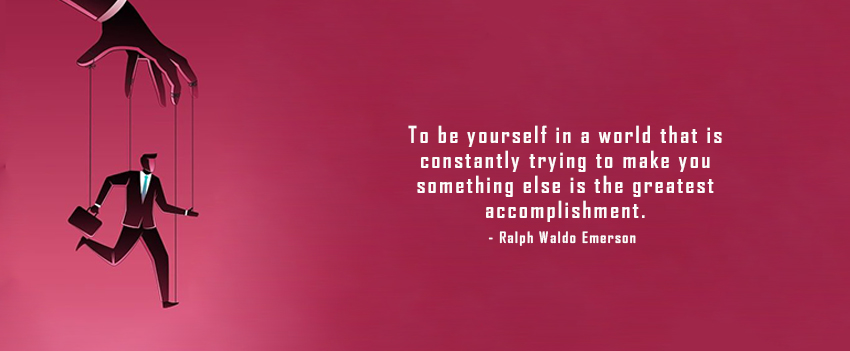What does it mean to be civilized? Does possessing advanced technologies make us more 'civilized', or does it push us further away from our deep-rooted connections with the Earth, and the symphony of nature? Today, let's delve into a word that's etched on the very DNA of our society: civilization. Let's dissect this term, understand its origin, and examine how it might have led us astray.
Civilization is derived from the Latin word 'civis,' meaning citizen or townsman. To be civilized, then, implied an induction into the town system, under the governance of certain laws and constitutions. So, in essence, to be civilized is to be governed. The potency of this understanding lies in realizing how 'civilization' was used as a weapon, a tool to bring the ungoverned under control and taxation. It's an interesting dance of words, isn't it? The binary created between the 'civilized' and the 'savage' served to marginalize and disenfranchise people worldwide. Let's embark on a brief historical journey to illuminate this.
Picture Ireland in the 1100s. Historical records reveal that the Irish were seen as savages, disdaining the conveniences of civilized life, always being out in the forest. This perception was further emphasized by the English, who claimed that bringing up Scottish kings 'civilized' them, washing away their barbarism. The Welsh, Irish, and Scots were labeled uncivilized, and the British Empire was painted as the pinnacle of civilization.
Now, consider the term 'savage.' Derived from the root word 'silva,' it translates to 'forest.' Thus, those residing in the forest were seen as less technologically advanced. Isn't it funny, though, that in the 21st century, we've come to see these so-called 'savages' as healthier? Free from the urban rat race, they seem to have sidestepped our modern health and mental epidemics.
Yet, this trend isn't exclusive to the West. The Thai Kingdom once dubbed their neighboring hill tribes as uncivilized. These people were forced to abandon their traditions and adopt Buddhism. It's an illustration of how civilizations can suppress other cultures, all under the guise of 'civilizing' them.
We've developed a spectrum, positioning those close to the Earth as savages and those nestled in cities as the epitome of civilization. This spectrum is often leveraged for taxation purposes, a critical source of revenue for any central government. The more you can integrate humans into your civilization, the more energy you can tax.
But civilization has been more than a tool for expanding imperial control; it's also a potent weapon. Indigenous peoples of Africa, Australia, and even the Celts in Europe were dubbed uncivilized due to their proximity to the land and lack of physical tools and technologies.
Yet, consider this: we live in a world teeming with PhDs and rocket scientists, yet wealth disparity and warfare persist. We have powerful telescopes and microscopes, yet we fail to see the suffering on our own doorsteps. We are rich in gadgets but poor in empathy and compassion. In indigenous cultures, civilization was marked by selflessness, honesty, bravery, and humility. By these standards, many of us are far from civilized.
So, what does civilization truly mean? And how has it been used to destroy and suppress cultures, even our connection to Earth itself? Our obsession with advancement and technology has distanced us from our environment and ourselves. We've defined civilization through material achievements and neglected our spiritual and emotional well-being. We are eager to show off our Teslas and earpods, but have we forgotten the importance of protecting biodiversity?
As we strive to humanize and wisdomize the tech world, it's crucial to consider how the word 'civilization' has distanced us from some of the most civilized behaviors we could aspire to, such as knowing the names of plants and bird calls, greeting the rising sun, and treating each other with kindness and respect.
To truly be civilized, we must not be defined by our possessions but by the content of our hearts, how we treat the Earth, and how we treat each other. We must remember that it's possible to do important work on this planet without owning a car or a fancy gadget. We must redefine civilization, not in terms of material advancement but in terms of our emotional, spiritual, and ecological connections. Let's consider our civilization not as an end in itself but as a means to create a better, kinder, and more sustainable world.




